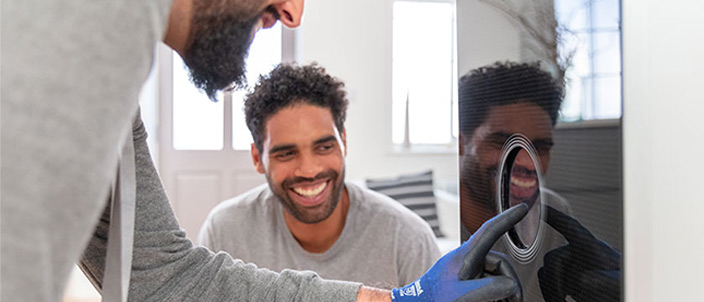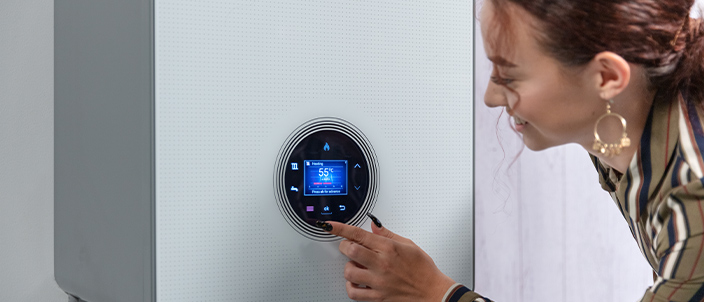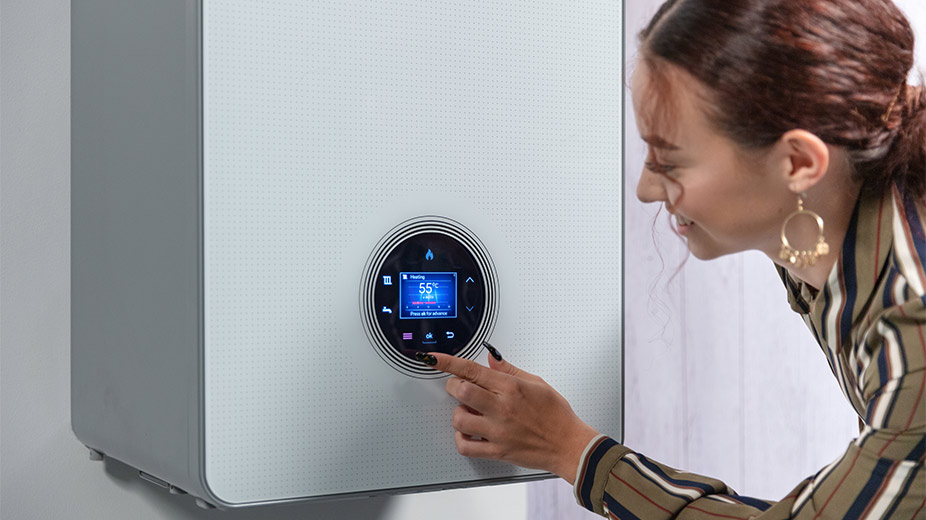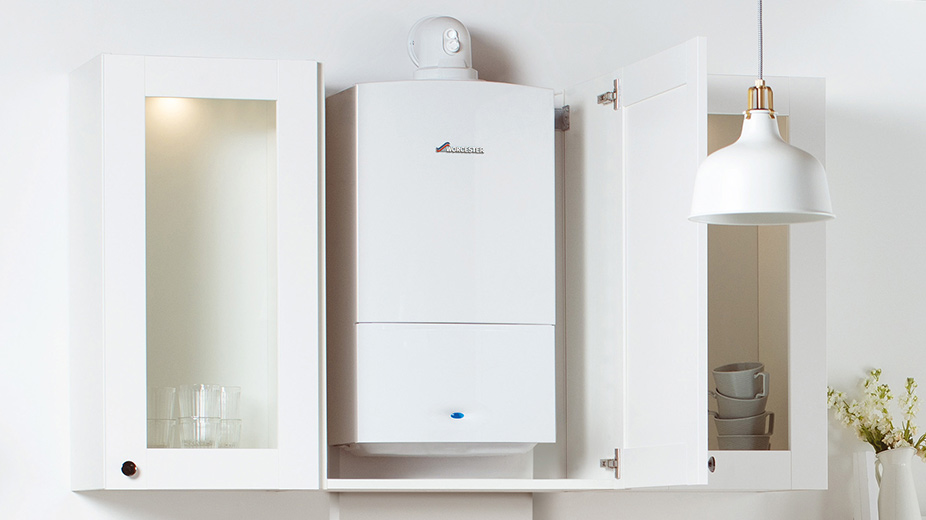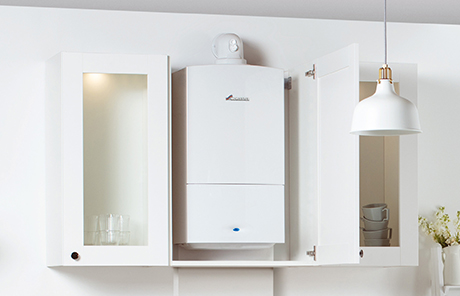1. Low water pressure: If your boiler pressure is lower than the ideal level, your boiler may begin to make unusual sounds. Check your pressure gauge to find out if your boiler is operating at the right pressure. If not, you can re-pressurise your boiler using a filling key or a filling hose.
2. Faulty pump: If the boiler’s pump is faulty, it should be resealed or replaced by a registered Gas Safe engineer.
3. Air: If there’s air in the central heating system, it may cause your boiler to become noisy. Try draining the radiators to see if the issues resolve itself. Don't worry, bleeding your radiators is quick and easy to do. Simply follow our easy step-by-step guide.
4. Limescale or sludge: Limescale and sludge can build up in your radiators over time, which could be a reason for your overheating or noisy boiler. You may need to have your system flushed which cleans out the debris that has developed over time. We recommend getting a heating expert to flush your system. A clogged-up heating system is likely to increase the pressure in your system causing your boiler to breakdown and leave you without heating or hot water – as well as higher repair and energy bills.

